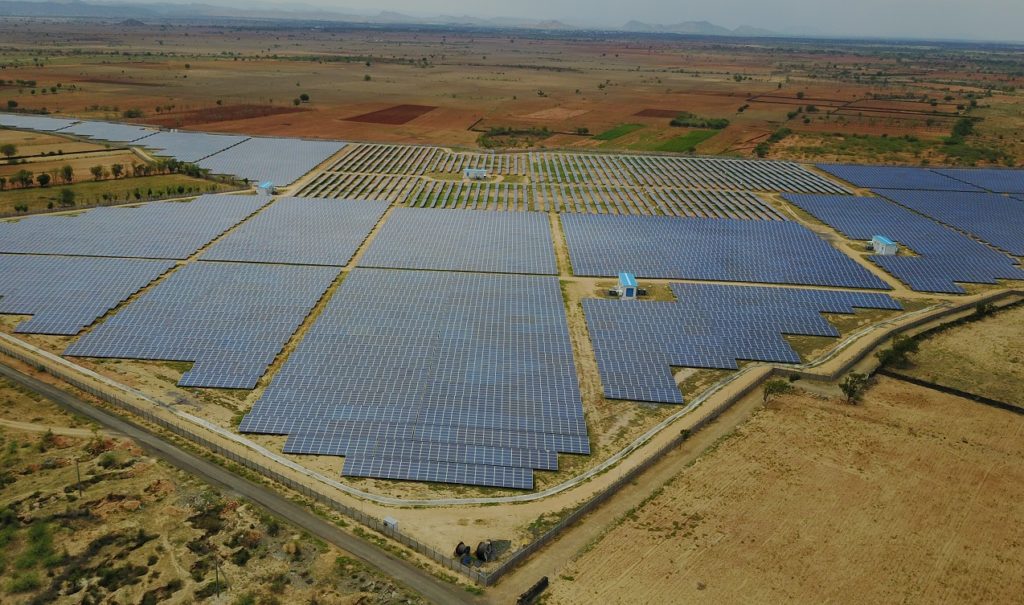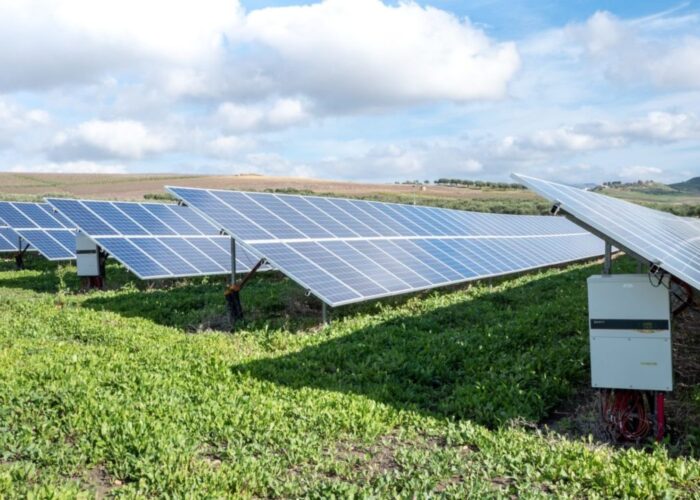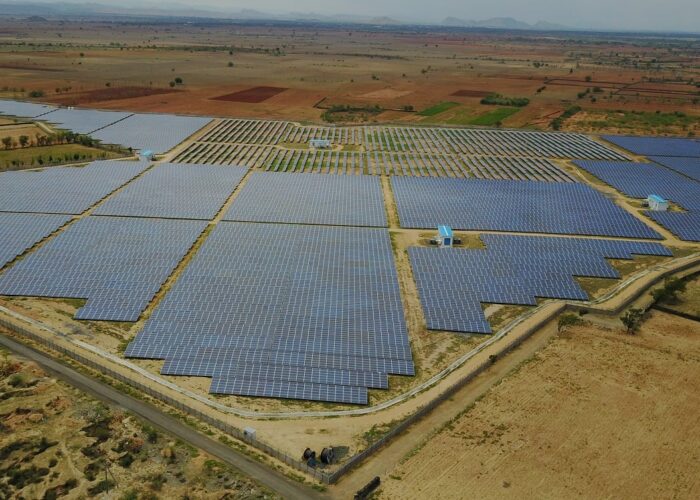
India is at risk of a supply and demand mismatch for solar equipment if domestic PV manufacturers are unable to meet the quantity and quality required by project developers, Fitch Solutions has warned.
With new duties due to come into effect from 1 April 2022 and policies on solar equipment imports becoming stricter, domestic manufacturers will need to accelerate their manufacturing quantity and product quality, the consultancy said in a new report.
Unlock unlimited access for 12 whole months of distinctive global analysis
Photovoltaics International is now included.
- Regular insight and analysis of the industry’s biggest developments
- In-depth interviews with the industry’s leading figures
- Unlimited digital access to the PV Tech Power journal catalogue
- Unlimited digital access to the Photovoltaics International journal catalogue
- Access to more than 1,000 technical papers
- Discounts on Solar Media’s portfolio of events, in-person and virtual
India removed its safeguard duty on solar cells and modules from markets including China and Malaysia last July, meaning the country currently has no tax duties on solar equipment. However, this will change in April, when a basic customs duty of 25% for solar cells and 40% for modules will be introduced, providing a boost for domestic manufacturers.
“While this is largely a positive step to spur the development of solar manufacturing capabilities in India, the market might not be ready for such an aggressive push yet,” Fitch said.
The consultancy said it believes that the government’s upcoming tax duties and ban on imports of certain solar equipment will be met with more opposition as domestic manufacturing “will not be ready for an aggressive push”.
Solar deployment in India has been historically dependent on solar imports from China, Malaysia, Thailand and Vietnam, which have all had duties imposed on their module and cell imports in recent years. Despite these taxes, project developers have continued to choose the imported equipment “due to a belief that imported panels are better in quality”, Fitch said.
Last year India imported more than 80% of its solar cells (unassembled) from China, amounting to around 604 million units. It remains to be seen whether domestic manufacturers can match this amount, according to Fitch.
As of November, India’s annual module manufacturing capacity was 8.8GW, while cell manufacturing capacity stood at 2.5GW.
As part of efforts to boost reduce the country’s reliance on foreign PV equipment imports, the government is carrying out a production-linked incentive (PLI) scheme to support companies that set up integrated solar manufacturing plants.
Having been heavily oversubscribed – 18 bidders submitted 54.8GW of applications – the PLI programme is set to be expanded, with a petition to sanction additional funds approved in principle by the government, minister of new and renewable energy, RK Singh, said in November.
Despite a potential lack of domestic manufacturing capacity, Fitch said the upcoming import duties will reduce India’s vulnerability to supply chain disruptions and subsequent project delays. Additionally, the Ministry of New and Renewable Energy is said to have set in place quality assurance processes for solar manufacturing to ensure that domestic solar panels meet quality standards set by the International Electrotechnical Commission.
In terms of solar deployment, Fitch said the market has been boosted by favourable responses to recent tenders and strong interest from project developers, with the consultancy forecasting solar power capacity to increase by an annual average of 11% from 59GW in 2022 to 140GW in 2031.







